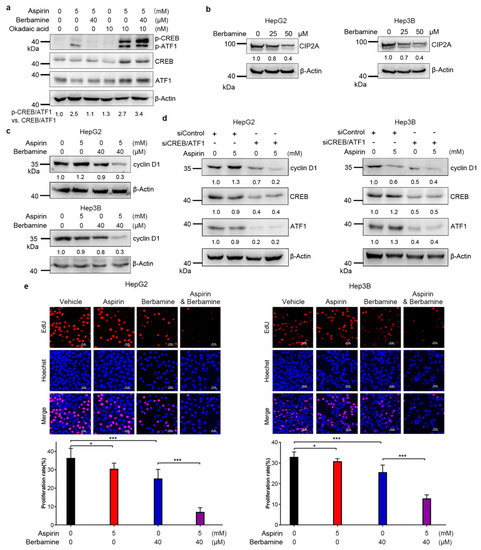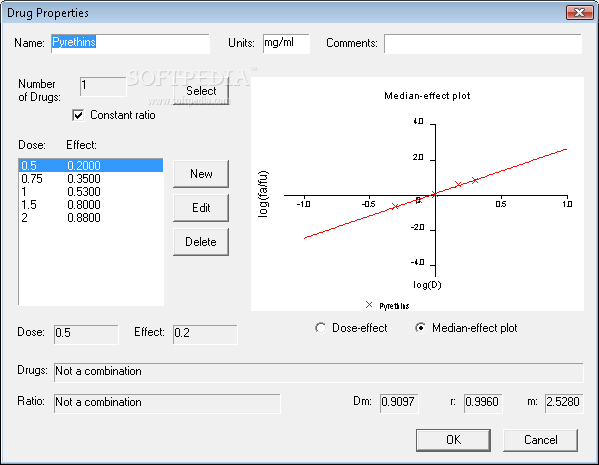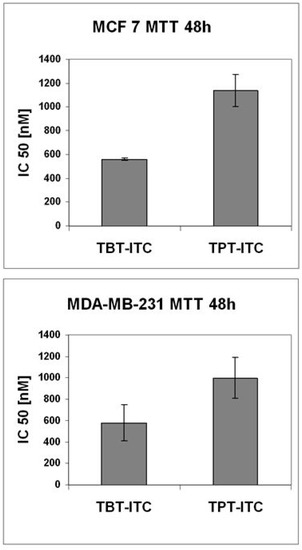

By inhibiting the acetylation of lysines of the tail of histones, BET inhibitors (BETi), such as the BRD4-targeting JQ1, reduce the expression of key oncogenic transcription factors, like DEP Domain Containing 1 (DEPDC), Forkhead box M1 (FOXM1), or LIM Domain Only 4 (LMO4), among others. In this context, identification of oncogenic vulnerabilities that could be pharmacologically inhibited is a main goal.Īmong the novel agents that have shown preclinical activity are those targeting the bromo and extra terminal domain proteins (BET), such as JQ1, currently in clinical development, which targets the BET protein BRD4. It accounts for around 15% of all breast tumors, and it is associated with poor prognosis, especially for patients with advanced disease, and a high grade of recurrence for those diagnosed in early stages. Triple negative breast cancer (TNBC) is a very aggressive tumor for which no curative therapies currently exists. This data provides options for further clinical development of these agents in TNBC. Using both in vitro and in vivo approaches, we describe the profound activity of BET-PROTACs in parental and BETi-resistant TNBC models. Finally, in vivo administration of MZ1 rescued tumor growth in a JQ1-resistant xenograft model, reducing the expression levels of BRD4.

No synergistic activity was observed when it was combined with docetaxel, cisplatin or olaparib. In addition, a profound effect on caspase-dependent apoptosis was observed in both sensitive and resistant cells. This effect was corroborated in other triple negative (BT549) and ovarian cancer (SKOV3, OVCAR3) cell lines. MZ1 and ARV-825 also showed an antiproliferative effect on sensitive and resistant cells. The BET-PROTACs MZ1 and ARV-825 efficiently downregulated the protein expression levels of the BET protein BRD4, in MDA-MB-231 and MDA-MB-231R. In vivo studies included BALB/c nu/nu mice engrafted with MDA-MB-231R cells. MTTs, colony-forming assay, three-dimensional cultures in matrigel, flow cytometry, and western blots were performed to explore the anti-proliferative effect and biochemical mechanism of action of MZ1 and ARV-825. OVCAR3, SKOV3, BT549, MDA-MB-231 cell lines and the JQ1 resistant cell line MDA-MB-231R were evaluated.

In this work, we explored the antitumoral activity of two novel BET-PROTACs, MZ1 and ARV-825, in TNBC, ovarian cancer and in a BET inhibitor resistant model. Proteolysis targeting chimeric (PROTAC) are novel compounds that promote protein degradation by binding to an ubiquitin ligase. Triple negative breast cancer (TNBC) is an incurable disease where novel therapeutic strategies are needed.


 0 kommentar(er)
0 kommentar(er)
